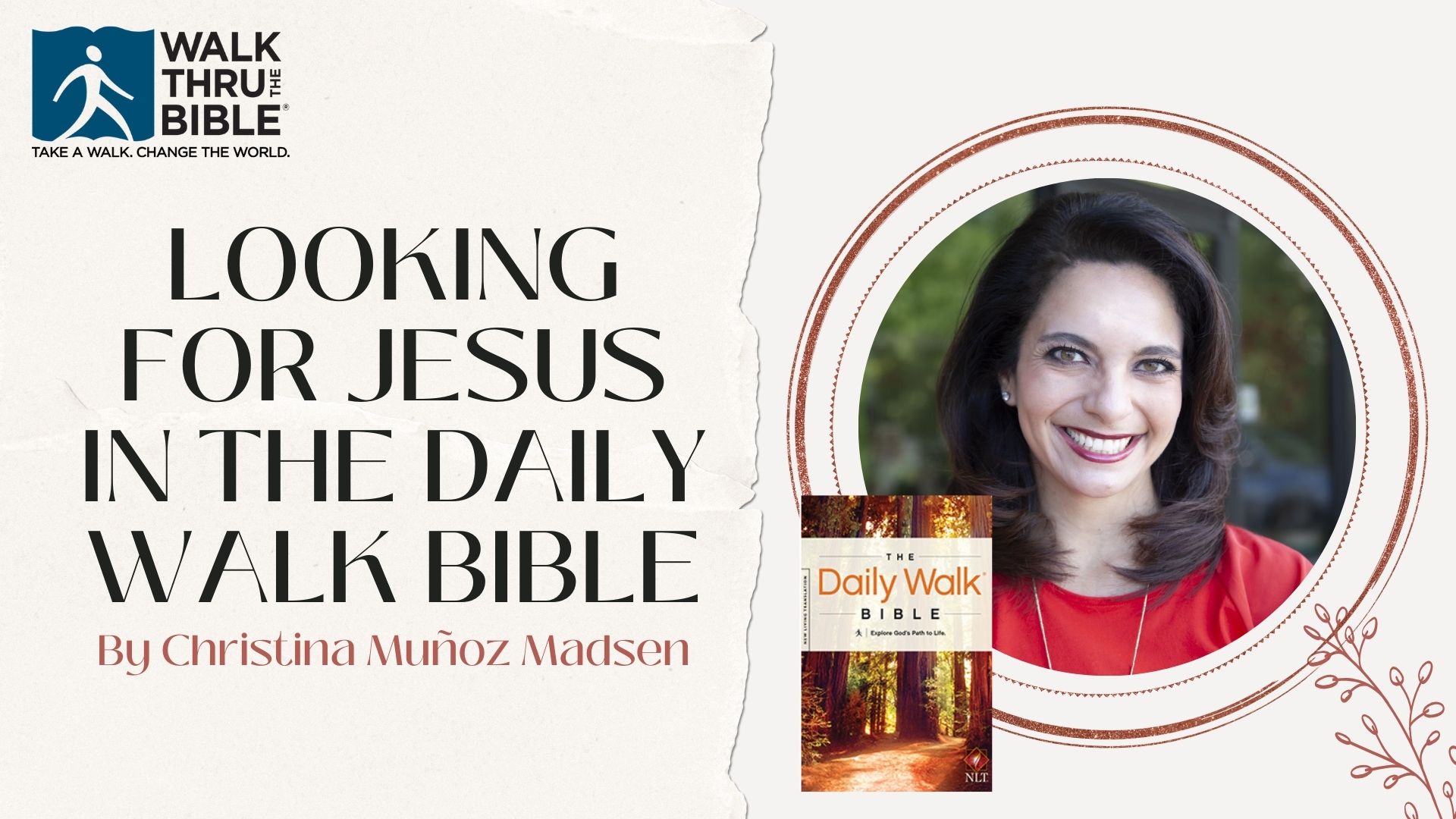
Looking for Jesus in the Daily Walk Bible



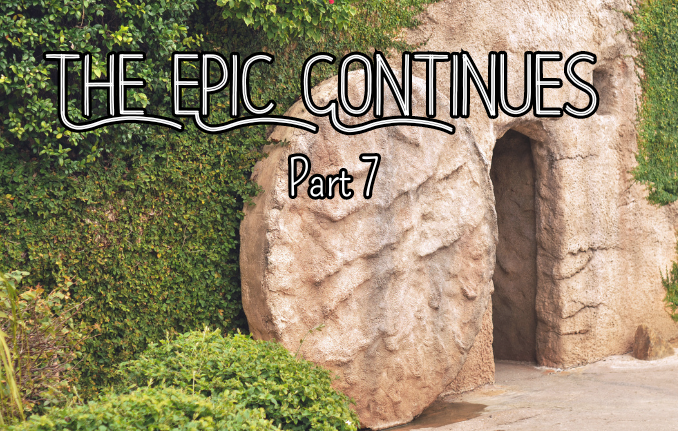
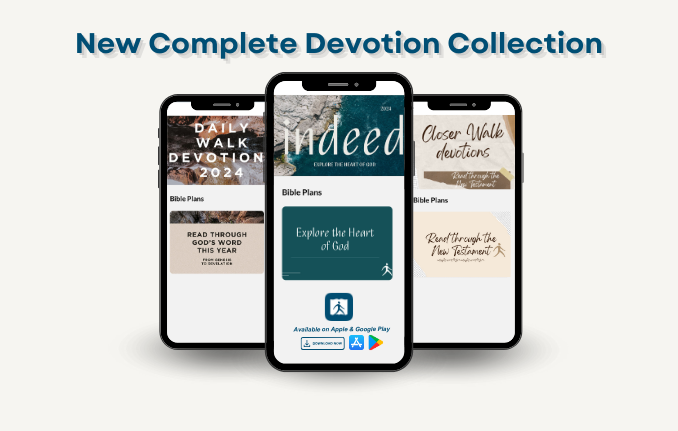
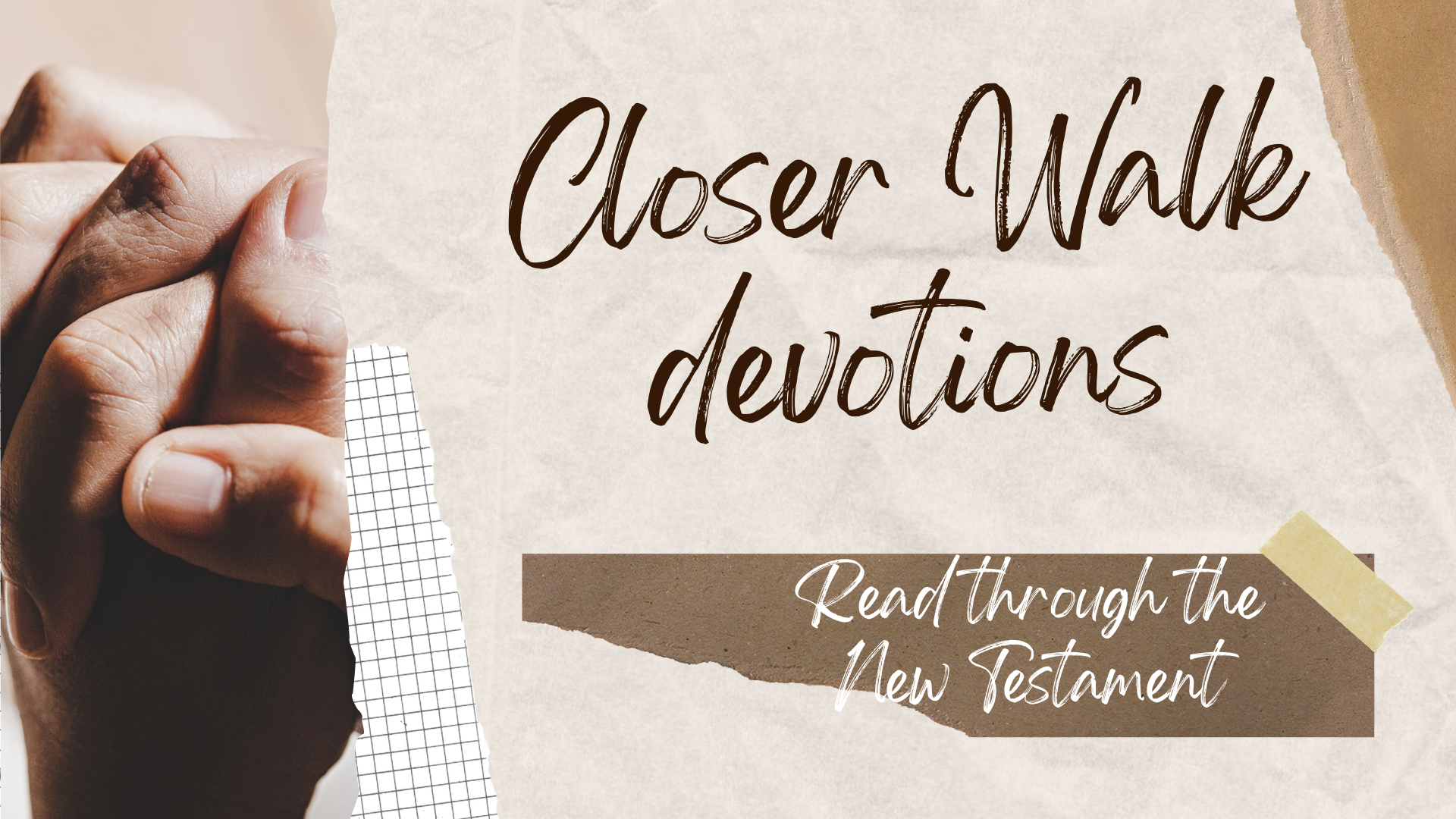
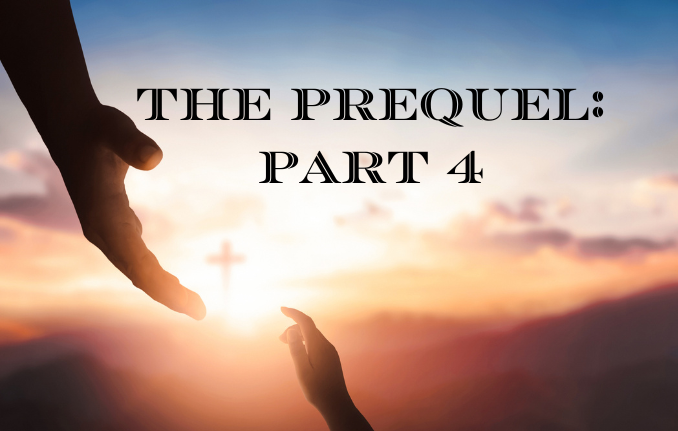



What you may have previously known as the Indeed Devotional Magazines are now back and better than ever as “Indeed Devotions 2024“!
These Daily Devotionals are available for purchase & viewed exclusively on our APP! Our App is FREE & available on Apple or Google Play, for easy installation on your phone or tablet.
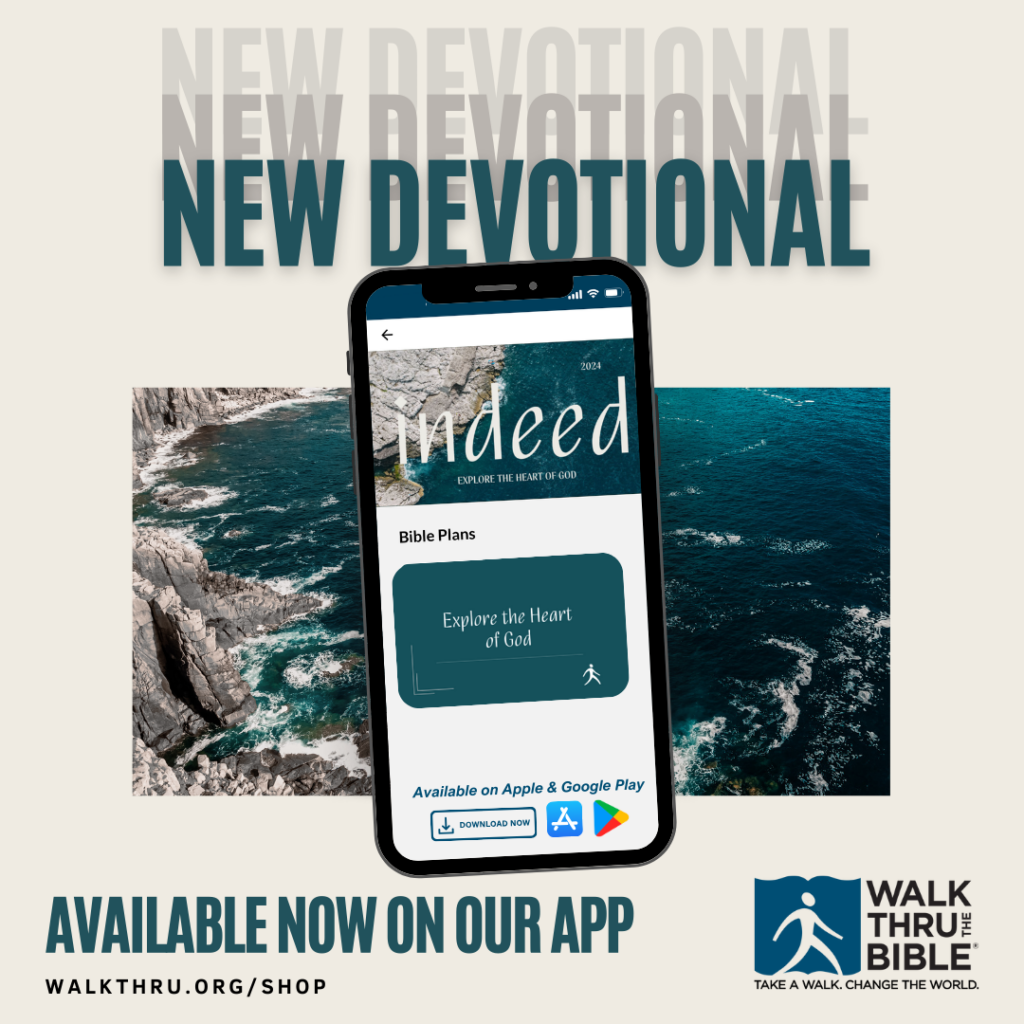
Indeed devotionals are designed to “explore the heart of God.”
Maybe you’re a seasoned church and Bible study member and feel that you’ve heard it all before. Or perhaps you’re just passionate about diving into a deeper relationship with God. Indeed will help you see old truths in a new light and draw you closer to the One your soul was made for.
IMPORTANT: This product is only viewable using the Walk Thru the Bible App. Learn more.
Learn more & purchase by visiting our store: https://www.walkthru.org/product/indeed-devotions-2024/
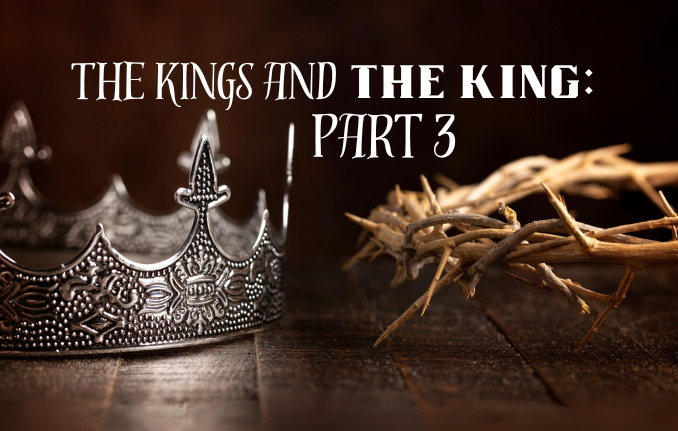
But their hearts have turned. Under Joshua’s leadership, the people trusted God to lead them, and as a result, they were victorious in the battles against the vile, idol-worshiping people living in the Promised Land. But soon God’s people forgot the Lord their God (Judges 3:7)–even serving other gods, lesser gods, evil gods. As they serve other gods, their armies become weak and vulnerable. Periodically, God’s people, beaten and broken, cry out to Him. And He hears. He sends a military leader–a judge–to help them focus their hearts back on Him and to lead them to victory. But their victories are always short-lived. As soon as the judge dies, they return to rebelling against God.
This cycle continues for 400 long years. God’s people serve other gods. They’re beat up by the armies of vile nations. They cry out to Him; He hears and brings a new judge to lead them; they turn their hearts back to Him while the judge is alive, and then away from Him again after the judge dies. It’s a sad, dark time.
The book of Ruth tells the story of a young foreign woman who leaves her homeland and all that she knows to join God’s people and follow Him. Samuel, the last judge and the nation’s first prophet, loves God and calls God’s people back to Him. Since God’s people are struggling to follow Him as a heavenly King, they beg Him to give them an earthly king. God tells Samuel to anoint Saul as king. While outwardly Saul seems powerful and the people love him, he doesn’t love God or follow Him. And the nation suffers. God directs Samuel to anoint David as king. Even though he isn’t perfect, David walks closely with God as His friend. A Temple would be designed by him for God to dwell among His people. Under David, the nation thrives, and God promises that history’s ultimate King will come from his family line.
After David dies, his son Solomon succeeds him. Solomon follows God at first, building the Temple for Him that his father, David, had designed, but his heart is eventually led astray to worship other gods. The books of 1 and 2 Samuel tell of Saul and David’s reigns, and the book of 1 Kings tells about Solomon’s. King Solomon’s divided heart is a prediction of the nation’s future. Because of a family feud, after Solomon’s death the nation of Israel splits into two nations–Israel and Judah.
The books of 1 and 2 Kings and 1 and 2 Chronicles tell the stories of the two nations and their kings. Despite hundreds of years of warnings from prophets to follow God, neither nation listens, and God allows both to eventually be taken captive. Assyria takes Israel captive, absorbs it into the Assyrian nation, and it vanishes. The Babylonians invade Judah, and lead the Jewish people off to captivity in Babylon. It seems as if the people’s lack of loyalty to God has voided His promise to Abraham– that a great nation would come through him.
True to His promise, He protects His people in Babylon. After 70 years of captivity there, some people of Judah are allowed to return to the Promised Land. The books of Ezra and Nehemiah tell of the rebuilding of Jerusalem, the Promised Land’s capital city. At the same time, some of God’s people chose to remain in the Empire now known as Persia, But God protects his people there too–even raising up one of his followers, Esther, to become queen. For the next 400 years God’s prophets don’t speak, but God is working as he has been all along.
From Adam and Eve to Abraham and beyond, God has been walking with his people through his captive, broken world, actively working in the lives of generation after generation–even when his people turn away from him. God promised that he wouldn’t leave his people in bondage and he has been working on a great rescue plan all those long years. Hundreds of years after his people had returned to the promised land, when his perfect time came, he put the crucial part of his rescue plan in motion. This time, he didn’t send a judge. He didn’t send a profit, He didn’t send an Earthly king,
Our bondage to sin was so big that only God Himself could fix us. And his love for us is so deep that he himself chose to rescue us. So, one night in Bethlehem, Jesus was born–a descendant of Abraham and King David, just like God had promised. He promised that He would bless all the people of the world through Himself. this child would crush the Serpent’s head and set his people free, just like he had promised. God Himself had come. He was the Savior who would rescue the world.